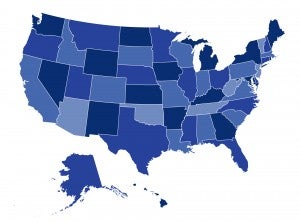Biden Administration Sets Limits on Use of Short-Term Health Insurance Plans, But States Can Do More to Protect Consumers

A recently proposed federal rule aims to mitigate the harm of short-term insurance plans, products exempt from the Affordable Care Act’s consumer protections. In a post for the Commonwealth Fund, Justin Giovannelli, Kevin Lucia, and Christina L. Goe explain the proposed federal rule and describe what else states can do to further protect their residents.





